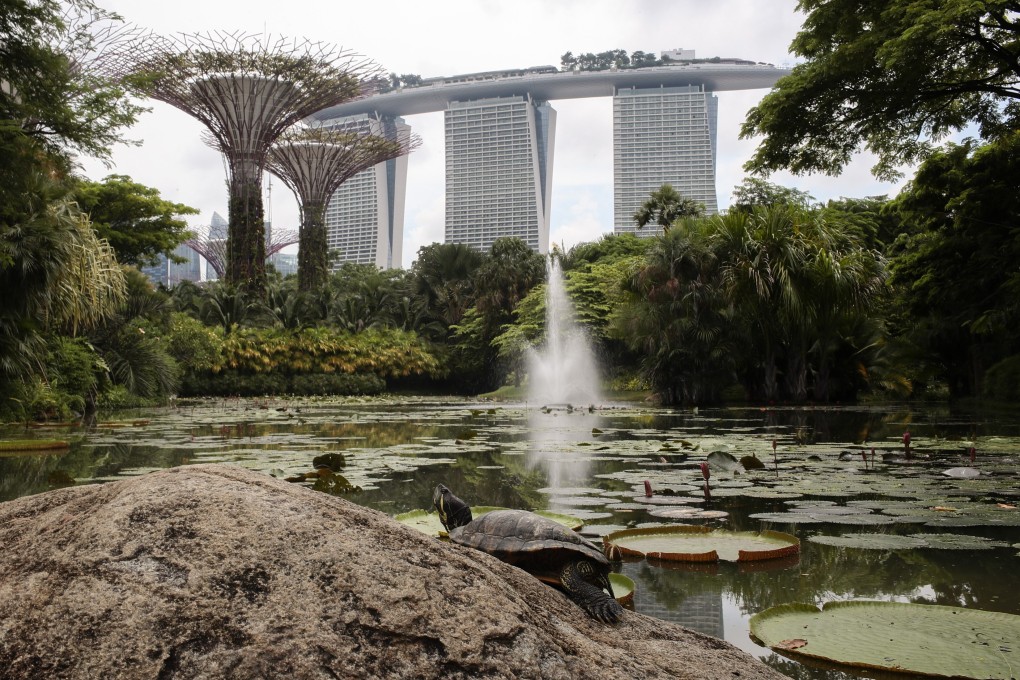Advertisement
Eye on Asia | Global struggle against climate change must be fought – and won – in the Asia-Pacific
- The region has much to gain from investing in green innovation and decarbonisation, and perhaps the most to lose from inaction
- While governments and businesses are aware of this reality, coordinating efforts to maximise impact remains a challenge
Reading Time:3 minutes
Why you can trust SCMP
2

Climate change is the defining issue of our time. Governments and businesses are beginning to acknowledge this, with a growing pool of net-zero commitments.
But how are we going to achieve these commitments? What do we need to do today for our businesses and communities to thrive tomorrow? Piecemeal action will not be enough. A fundamental and systemic transformation is needed, requiring deep collaboration between governments, civil society and businesses.
The Asia-Pacific is highly vulnerable to the impacts of climate change. The region is already facing an increase in the frequency and intensity of extreme weather events, exacerbated by rising sea levels and socioeconomic vulnerabilities.
Advertisement
These disasters cause immense suffering, vast damage to infrastructure and habitats, and severe disruption to supply chains and food production systems. Without rapid decarbonisation of our global economy, these losses will continue to mount.

On the other hand, if we can bring together the best of the region and harness our collective strengths, we can turn the tide on the climate crisis and benefit enormously in the process.
Advertisement
Advertisement
Select Voice
Choose your listening speed
Get through articles 2x faster
1.25x
250 WPM
Slow
Average
Fast
1.25x
